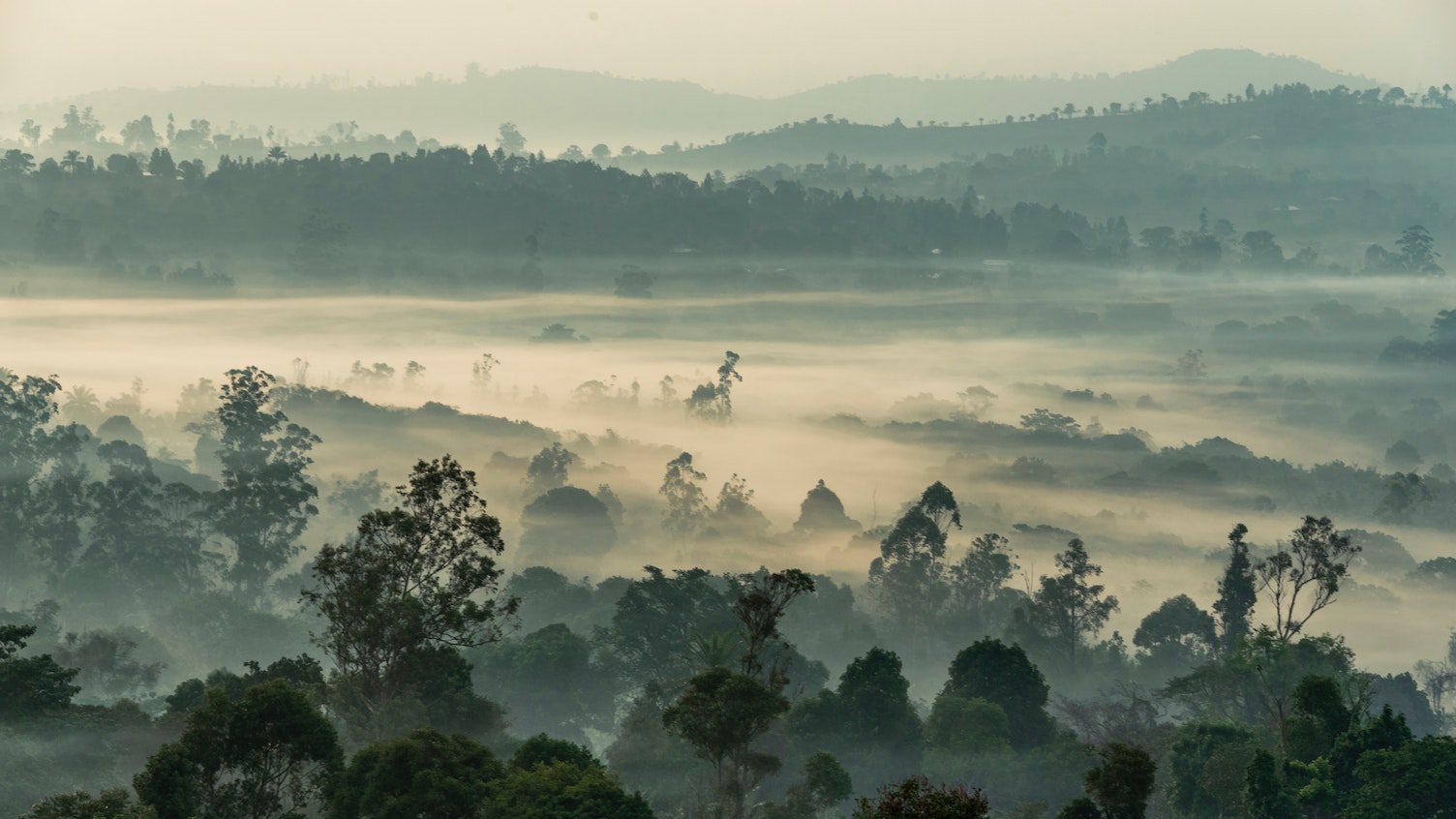
Saving the rainforest: a matter of life and death?
Life in the Amazon is precarious.
The Amazon rainforest is home to millions of people, plants and animals and it’s the largest carbon sink on land. This forest also produces some of Earth’s most lucrative commodities; gold, timber and coca, making it a hotspot for criminal activity and corruption.
Criminal groups enter the forest with a single aim – to extract these commodities with no regard for indigenous peoples, their land rights or the environmental impact of extraction.
On the face of it, a single person comes forward and is blamed for the criminal offense. Dig a little deeper and you’ll find that too often vulnerable people are exploited and bribed to commit these crimes by larger, unseen forces in these areas, globally and even in governments.
Last week news broke that author and journalist, Dom Phillips, and Brazilian indigenous expert, Bruno Araújo Pereira, went missing in a remote part of the Amazon rainforest. The pair were meeting with an indigenous group to undertake research for a book set to expose the threats rainforest villages face from illegal activity happening in their territories.
This story is one that is all too familiar.
It highlights the violence and destruction that people who live in rainforest alongside the activists who stand with them are subject to when they try to protect their lands.
Conflicts between indigenous people and criminal groups are common, with threats of violence for anyone who tries to stand in the way.
A 2019 report found 2,500 instances of violence were reported relating to illegal activity and indigenous land protection, this number included the deaths of 406 people living in rainforest and over 1,000 death threats.
Dom Phillips wrote in an article for The Guardian showing that since the Covid-19 pandemic the value of gold has rocketed and with it, levels of illegal activity and violence. Alongside this, since the appointment of the Brazilian president, Jair Bolsonaro in 2019, illegal activity and indigenous land encroachment has further intensified, as the president plans to open up currently protected indigenous reserves to mining, logging and large-scale agriculture organisations.
Nobody should be murdered or harmed for protecting the rainforest. This violence cannot go on. There is an urgent need to protect indigenous land rights and support indigenous and local communities.
This article was written before 16 June.
After 10 days of investigative efforts whereby indigenous groups, friends, and colleagues searched for Bruno and Dom, their bodies were found.
We express our deepest sympathy to the family and loved ones of Dom Phillips, Bruno Araújo Pereira and all other activists who have been harmed or lost their lives while fighting for indigenous rights and rainforest protection.
